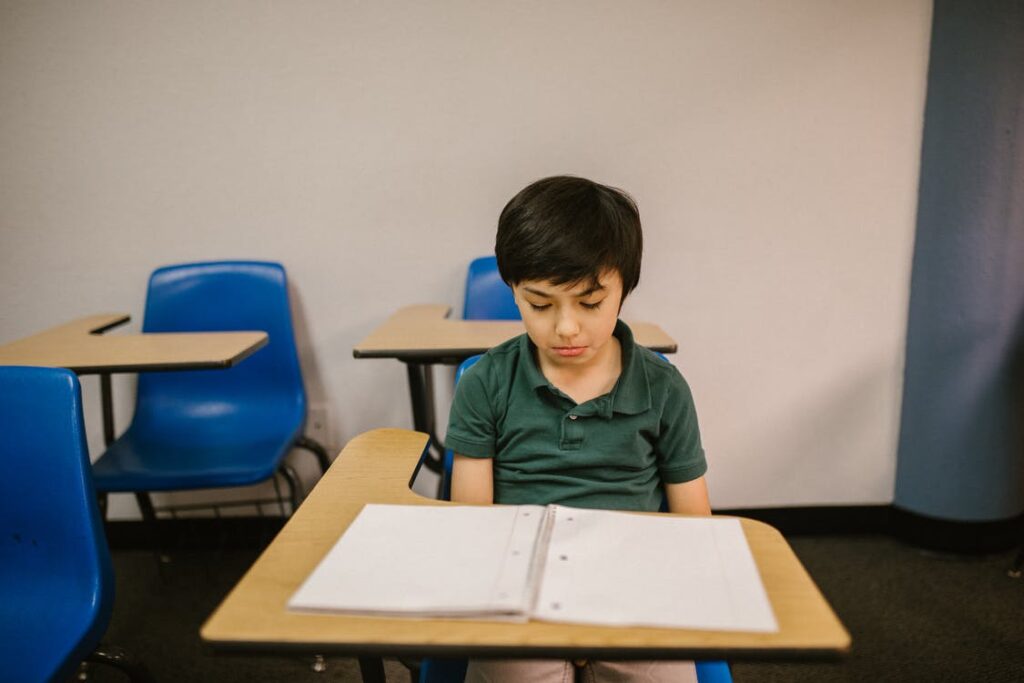How to Help Houston Kids Overcome School Refusal?
School refusal or school phobia is not unusual and happens in as many as 5% of children. Children who have school phobia want to be in close contact with their parents or caregiver. They are often sensitive, insecure and do not know how to deal with their emotions. They look uneasy and may become physically unwell at the thought of going to school.
Discuss with your kid why they refuse to go to school
Talk with your kid regarding the reasons why he or she is afraid to go to school. Think about all the possibilities and state them. Be sympathetic and understanding of why he or she is troubled. Make an attempt to resolve any traumatic scenarios the two of you discover as leading to his fears or signs.
Acknowledge and understand their reasons
Recognize that you fully understand your child’s problems, but strongly encourage his or her immediate return to school. The longer your child stays home, the more challenging his or her eventual return is going to be. Describe that he or she is in good health, and his or her physical conditions are probably attributed to other things – maybe about grades, assignments, relationships with teachers, fears over social pressure, or established fears of violence at school. Allow your little one to know that school attendance is needed.
Talk with the school staff
Speak about your child’s school phobia with the school personnel, including his or her teacher, the principal, and the school nurse. Present to them your options for your child’s return to school and get their guidance.
If the problem is related to school bullying or an unreasonable teacher is the cause of your kid’s anxiety, be an advocate for your child and speak about these issues with the school staff members. The teacher or principal may need to create some modifications to alleviate the pressure on the child in the schoolroom or on the playground.
Be firm with your rules.
Make a determination to be extra firm on school mornings, when kids protest most about their own symptoms. Keep discussions about physical conditions or anxieties to the very least.
Use the step-wise return to school technique
If your kid’s anxieties are generally severe, he or she might reap some benefits from a step-wise return to school. For instance: On day one, he or she gets up in the morning and gets dressed, and then you drive him or her by the school so he or she can get some feel for it before you decide to finally return home together. On day two, your child may go to class for merely half a day. On the third day, your child can eventually return for an entire day of school.
Ask your pediatrician’s help
Your pediatrician may also help relieve your child’s transition back to school just by writing a note making sure that he or she had a few symptoms keeping him or her from going to school, but though the symptoms might continue, he or she is now able to return to school.
This can keep your kid from experiencing self-consciousness or humiliation.
Establish independence
Help your child establish independence by motivating activities with other children outside your home. These can include sports activities, clubs, and overnights with friends.






